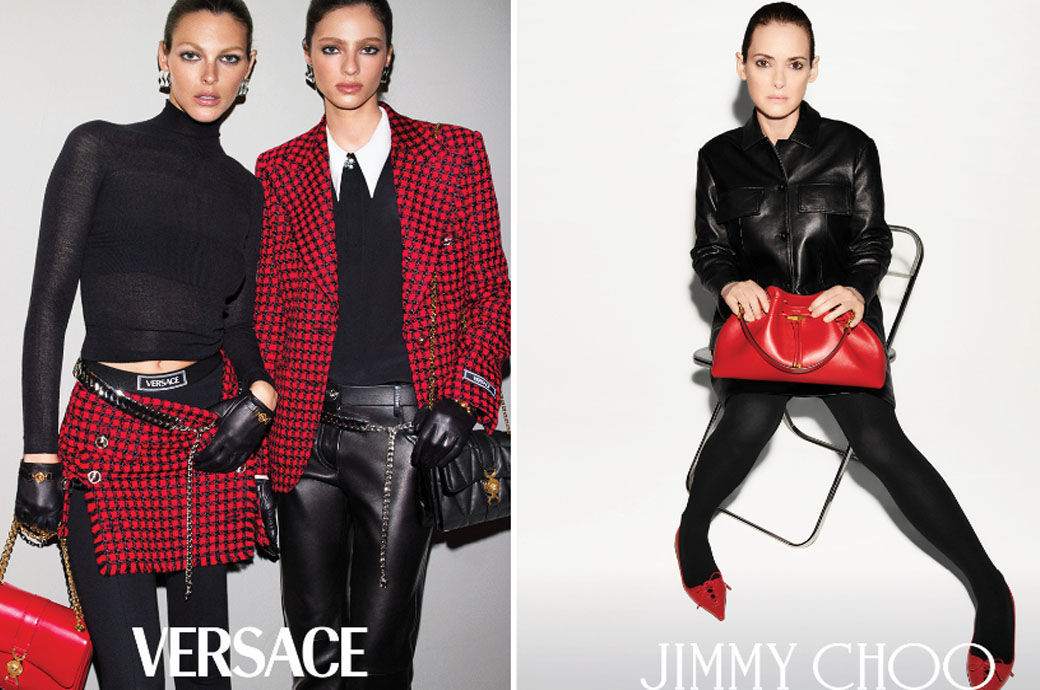
“Tapestry and Capri operate in an industry that is intensely competitive and dynamic, constantly expanding, and highly fragmented among both established players and new entrants. We face competitive pressures from both lower- and higher-priced products and continue to believe this transaction is pro-competitive and pro-consumer. We intend to appeal the decision, consistent with our obligations under the merger agreement,” a statement by Tapestry said, terming the decision granting FTC’s request for a preliminary injunction ‘disappointing ‘and ‘incorrect on the law and the facts’.
Tapestry owns brands like Coach, kate spade new york and Stuart Weitzman. Capri Holdings owns Versace, Jimmy Choo and Michael Kors.
In April this year, FTC sued to block Tapestry’s $8.5-billion acquisition of Capri Holdings, a deal that seeks to combine three close competitors—Tapestry’s Coach and Kate Spade brands and Capri’s Michael Kors brand.
FTC felt, the deal, if allowed, would eliminate direct head-to-head competition between Tapestry’s and Capri’s brands. It would also give Tapestry a dominant share of the ‘accessible luxury’ handbag market.
The proposed merger threatens to deprive millions of American consumers of the benefits of Tapestry and Capri’s head-to-head competition, which includes competition on price, discounts and promotions, innovation, design, marketing and advertising, an FTC release had said then.
The deal also threatens to eliminate the incentive for the two companies to compete for employees and could negatively affect employees’ wages and workplace benefits, it had said.
Tapestry and Capri currently compete on everything from clothing to eyewear to shoes.
Fibre2Fashion News Desk (DS)